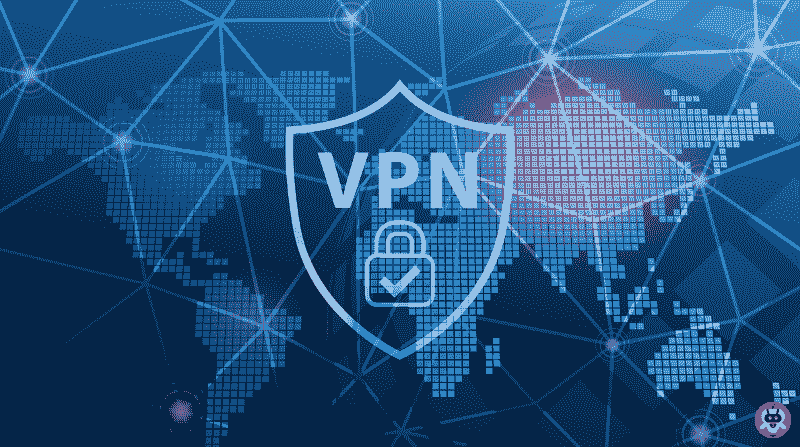Setting up VPN on Linux machines should be common practice for everyone, from professionals to hobbyists. There was a time when only experts and professionals used Linux— nearly all of whom would automatically use a VPN for privacy and security. Today, the usage of Linux has significantly broadened, and not everyone uses a VPN every time they connect.
But that has not made VPNs any less valuable. In fact, modern VPN technology is more popular than ever before — whether using Windows, Linux, or macOS.
Why Should You Use a VPN for Linux?
There’s a reason why VPN usage is growing so fast. Using a VPN on Linux conveys the same benefits as using one on Windows.
- VPNs are more secure. All your data passes through the VPN and is inspected for suspicious materials, such as malware.
- VPNs also ensure that everything has been encrypted both ways, so no one can “spy” on your data.
- VPNs make connections faster and more stable.
So, why do some modern Linux users avoid VPNs?
There are tiers of VPN service. Free VPNs may be erratic or operate slowly. Premium VPNs often increase speeds by routing traffic more effectively. Those who have been disappointed by free VPN solutions may not feel that a premium VPN delivers value.
Because most viruses, malicious programs, and other hacks target Windows, many Linux users don’t feel the need for enhanced security. And since many Linux users are technology experts, they may also think that their systems are secure enough compared to hobbyists or casual users.
But power users know that no system is ever truly “secure,” and there’s no such thing as “secure enough” — having another failsafe in place can only be a benefit.
Today’s VPN technology is compelling and robust, with more advantages than a user more familiar with older technology may be aware of. VPN technology gives the user more control over their connectivity and how they’re connected and is indispensable for professionals.
Even those who aren’t particularly concerned about privacy and security can use a VPN to improve their performance and speed. Many gamers use VPNs to reduce latency and ensure that they don’t drop during critical matches.
Those who need to connect to cloud-based or server-based solutions for their work often use VPNs as directed by their offices to ensure that their data transfers work smoothly and that their systems are stable.
How Do You Set Up a VPN for Linux?
Of course, every Linux distribution is different. But those who used Linux two decades ago are well aware that the interfaces have changed (and, in many ways, markedly improved) since two decades ago.
For most distributions, setting up a VPN is as simple as going into the Network connections, setting up a new connection, and setting up a VPN. So entrenched is VPN connectivity in the Linux environment that, for the most part, it does everything for you – you just need to choose your VPN provider.
As mentioned, most free VPN solutions aren’t the best; they’re used on the fly by people who want a VPN temporarily. They come with delays, bloatware, latency issues, and often ads that can’t be blocked. But premium VPN solutions are affordable, fast, and stable. The one you select depends on the layers of security and encryption you need, your speeds, and the other features that you desire. Once you’ve chosen the right VPN, setting it up shouldn’t be difficult.
Final Words
As crucial as firewalls were and remain, VPNs have become one of the most important security trends in digital life. Malicious attacks are only becoming more common; and most people today rely upon their internet access being both fast and stable. Many problems people encounter with security, safety, and connectivity, can be countered through the use of a VPN.

